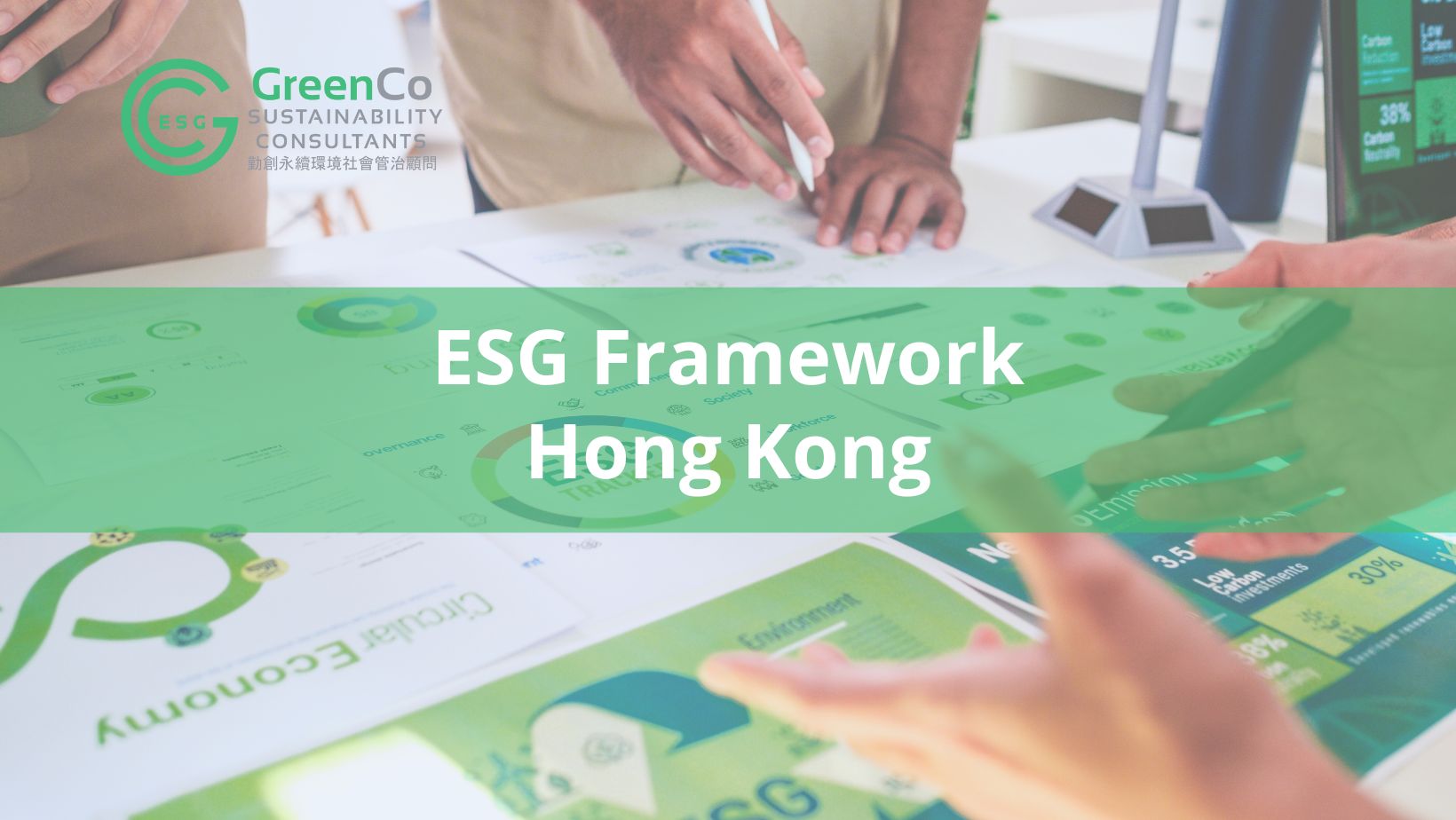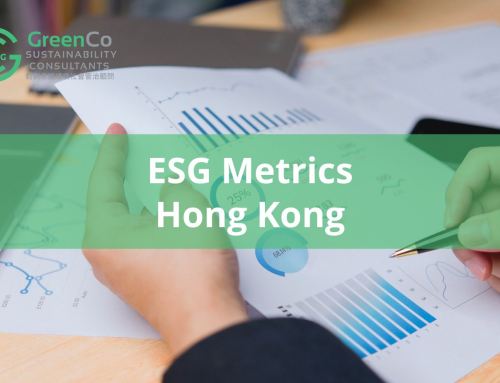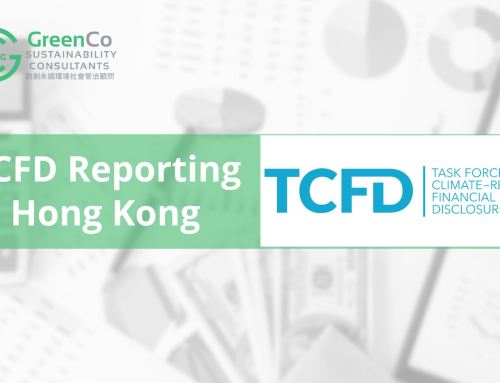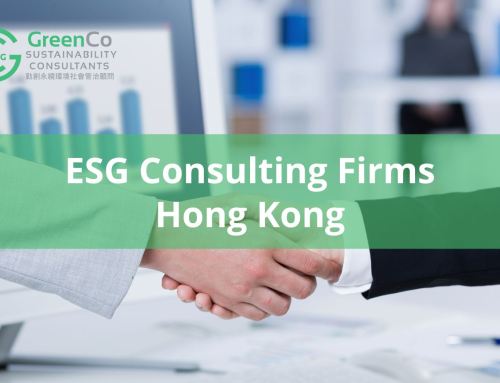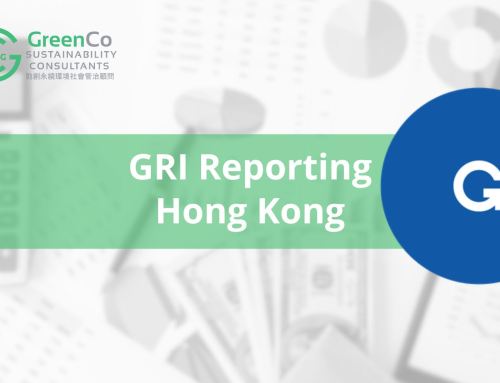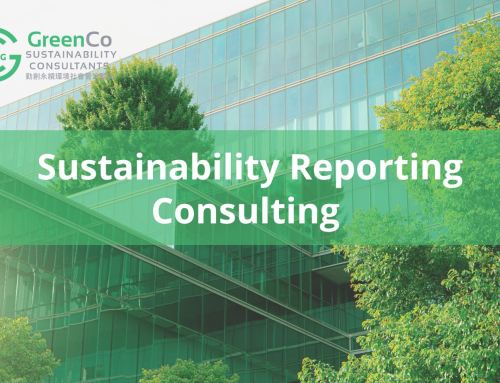ESG Framework in Hong Kong
In Hong Kong, the Environmental, Social, and Governance (ESG) framework is shaped by a combination of local regulations and international standards. As ESG reporting becomes increasingly mandatory for companies, particularly those listed on the Hong Kong Stock Exchange (HKEX), understanding the key frameworks and requirements is essential for ensuring compliance and meeting stakeholder expectations.
1. HKEX ESG Reporting Code
The HKEX ESG Reporting Code is the cornerstone of ESG reporting requirements for companies listed on the Hong Kong Stock Exchange. Initially introduced as a guide, the HKEX ESG Reporting Code has been elevated to a mandatory framework, requiring listed companies to publish annual ESG reports aligned with their financial reporting cycles. The code emphasizes transparency and accountability, requiring companies to disclose a wide range of sustainability metrics, including environmental performance, social responsibility, and governance practices.
Starting from 1 January 2025, the HKEX ESG Reporting Code will introduce enhanced climate-related disclosures aligned with the IFRS S2 Climate-related Disclosures standard. These new requirements will focus on four key pillars: Governance, Strategy, Risk Management, and Metrics & Targets. Companies will need to demonstrate how their boards oversee climate-related issues, outline strategies to mitigate climate risks, and provide measurable metrics such as GHG emissions alongside clear reduction targets.
2. Global Reporting Initiative (GRI) Standards
The GRI Standards are one of the most widely used international frameworks for sustainability reporting. Over 78% of the world’s largest companies (G250) use GRI Standards for their ESG disclosures, making them a critical benchmark for companies seeking to align with global best practices.
In Hong Kong, many companies adopt the GRI Standards alongside the HKEX ESG Reporting Code to ensure their reports are both locally compliant and globally credible. The GRI Standards provide a comprehensive framework for reporting on a wide range of ESG topics, including environmental impact, labor practices, human rights, and anti-corruption measures. By leveraging the GRI Standards, companies can produce reports that appeal to international investors while meeting local regulatory requirements.
3. IFRS S2 Climate-related Disclosures
The IFRS S2 Climate-related Disclosures standard, developed by the International Sustainability Standards Board (ISSB), is a global framework for reporting on climate-related risks and opportunities. The standard is structured around four key pillars: Governance, Strategy, Risk Management, and Metrics & Targets. It requires companies to provide detailed quantitative information on how climate change may impact their business operations, financial performance, and value chain.
In Hong Kong, the HKEX has integrated the IFRS S2 standard into its ESG Reporting Code, making it a mandatory requirement for listed companies starting from 2025. Companies must disclose how their boards oversee climate-related issues, outline strategies to mitigate climate risks, and provide measurable metrics such as GHG emissions and carbon reduction targets. The IFRS S2 standard raises the bar for climate-related disclosures, ensuring that companies provide transparent and comparable information to investors and regulators.
4. Other International Frameworks
In addition to the HKEX ESG Code, GRI Standards, and IFRS S2, companies in Hong Kong may also align with other international frameworks, depending on their industry and stakeholder expectations. These include:
- Sustainability Accounting Standards Board (SASB): SASB provides industry-specific metrics for ESG reporting, helping companies disclose material sustainability information relevant to their sector.
- United Nations Sustainable Development Goals (SDGs): Many companies in Hong Kong align their ESG strategies with the SDGs, demonstrating their commitment to global sustainability initiatives.
- Task Force on Climate-related Financial Disclosures (TCFD): While the TCFD framework has been largely integrated into IFRS S2, some companies continue to use TCFD recommendations to guide their climate-related disclosures.
Integration of Multiple Frameworks
Navigating the complex landscape of ESG frameworks can be challenging for companies in Hong Kong. Many firms choose to integrate multiple frameworks, such as the HKEX ESG Code, GRI Standards, and IFRS S2, to ensure their reports meet both local and global expectations. This integrated approach allows companies to produce cohesive ESG reports that are compliant with regulatory requirements while appealing to international investors.
For example, a company might use the HKEX ESG Code to meet local reporting obligations, the GRI Standards to ensure global comparability, and IFRS S2 to provide detailed climate-related disclosures. By leveraging the strengths of each framework, companies can create comprehensive ESG reports that address the needs of diverse stakeholders.
The Importance of a Robust ESG Framework
As ESG reporting becomes increasingly mandatory in Hong Kong, companies must adopt robust frameworks to ensure compliance and meet stakeholder expectations. The HKEX ESG Reporting Code, GRI Standards, and IFRS S2 are the primary frameworks shaping ESG reporting in the region. By integrating these frameworks, companies can produce transparent, credible, and globally comparable ESG reports that enhance their reputation, attract investment, and build stakeholder trust.
For companies in Hong Kong, the time to act is now. With new climate-related disclosure requirements coming into effect in 2025, businesses must start preparing to meet these obligations. By adopting a comprehensive ESG framework, companies can navigate the complexities of sustainability reporting and position themselves for long-term success in a rapidly evolving market.

